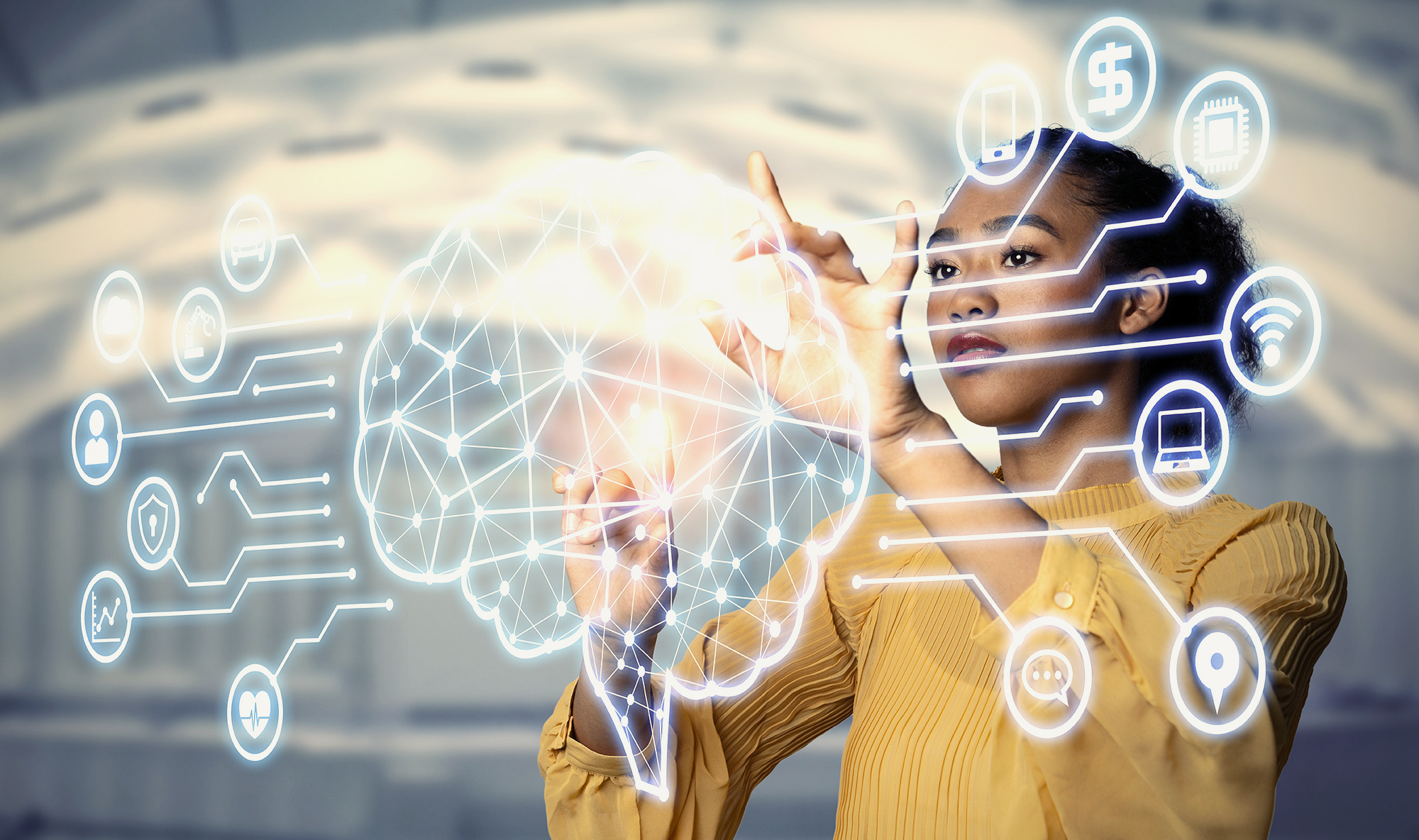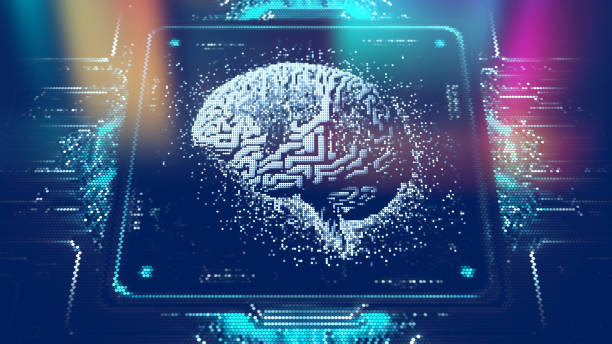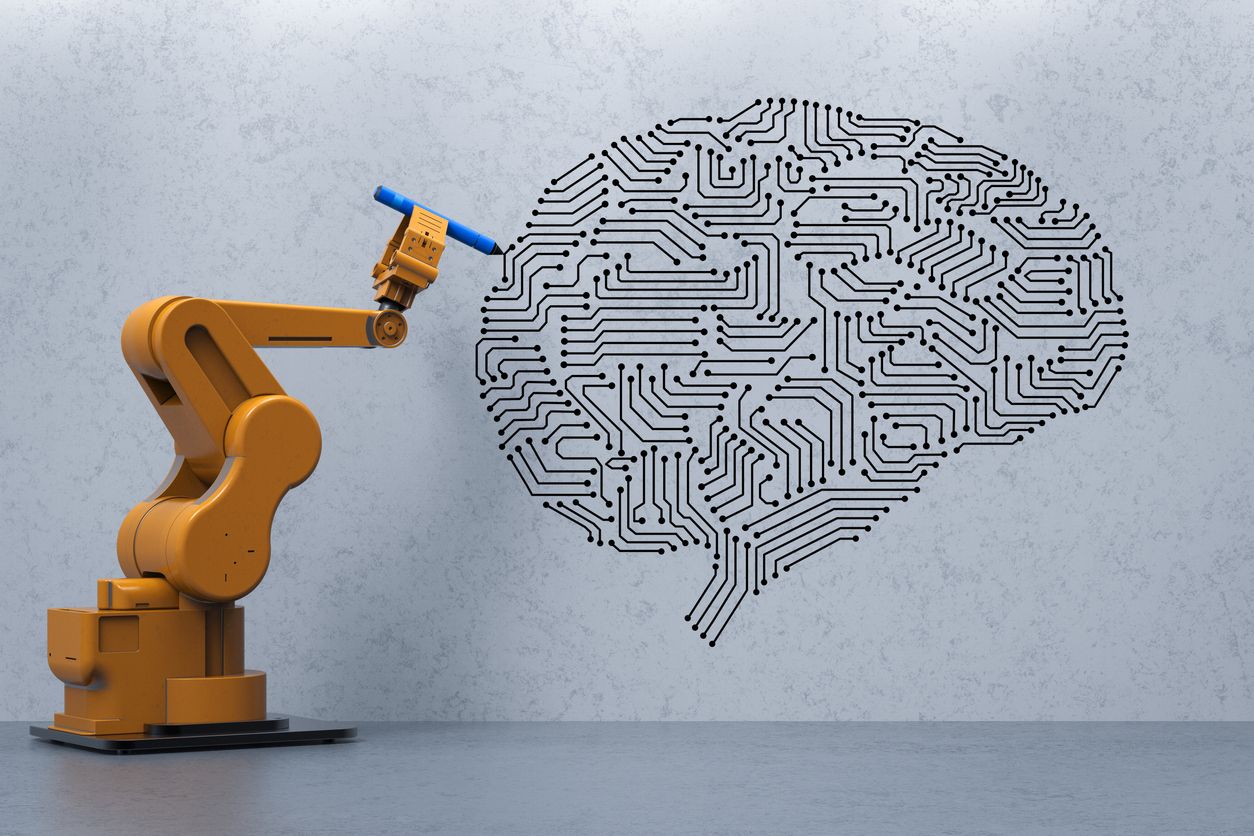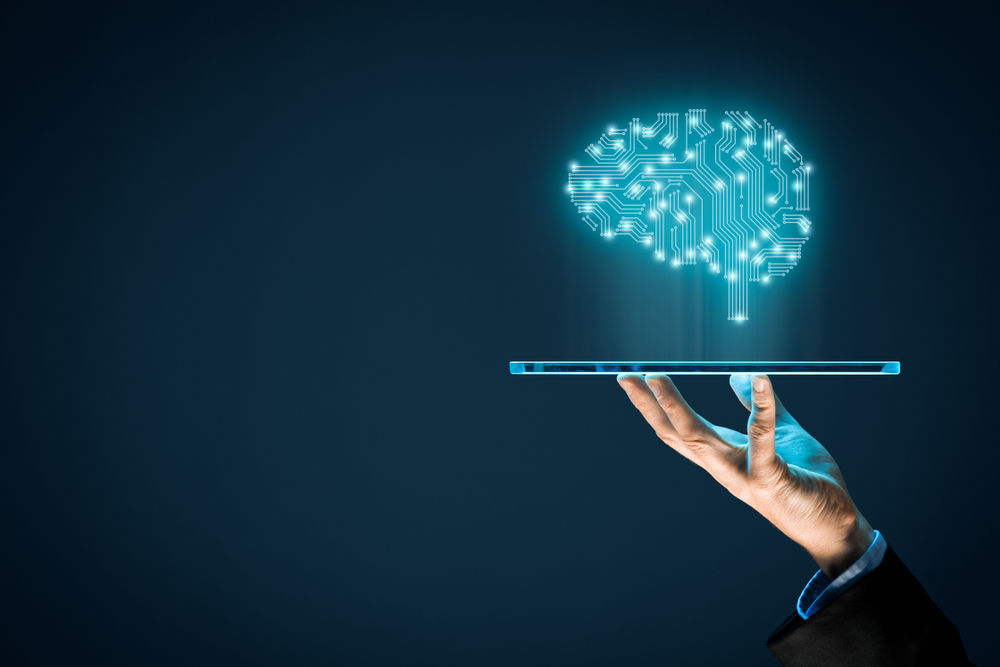Artificial intelligence (AI) is quickly growing in popularity and has the potential to change many aspects of our lives. But what are the reasons why organisations need AI? And why is it such a valuable tool? In this blog post, we will explore these questions and provide examples of how AI can be used by organisations to improve their operations. We will also discuss the potential benefits of using AI and the challenges that organisations may face when pursuing this technology.
Artificial intelligence is transforming the way organisations operate
Artificial intelligence is transforming the way organisations operate. It can automate routine tasks and enhance decision-making processes, making organisations more efficient. Additionally, AI can help identify and prevent cyberattacks.
The potential benefits of using AI are clear, but there are also significant risks to consider. For example, if the AI system is flawed or if it becomes uncontrollable, it could cause significant damage to an organisation’s data or systems. As with all new technology, organisations need to be prepared for the challenges and uncertainties that come with artificial intelligence.
The benefits of using AI in an organisation
Artificial intelligence can be used in an organisation to improve efficiency and effectiveness. It can help optimise processes and make decisions more quickly, which can lead to increased productivity. AI can also help identify potential problems and prevent them from happening, saving time and money. Additionally, it can help organisations to better understand their customers and partners, which can result in improved customer service or better relationships with suppliers.
How to deploy and use artificial intelligence in your organisation?
In today’s world, organisations are always looking for ways to improve efficiency and effectiveness. Artificial intelligence (AI) can play a major role in achieving these goals.
There are many different types of AI, but all fall into two main categories: cognitive AI and robotic AI. Cognitive AI is focused on giving humans the ability to reason and make decisions like a computer. Robotic AI is focused on making machines behave like humans, or even better than humans.
Both types of AI have many applications in organisations. For example, cognitive AI can be used to help humans learn new information more quickly and effectively.Robotic AI can be used to perform tasks that are too difficult or dangerous for human beings, such as carrying out dangerous operations.
There are a number of ways to deploy and use artificial intelligence in your organisation. One option is to build it into existing software applications. This approach has the advantage of being quick and easy to implement, but it may not provide the best user experience. Another option is to create completely new software applications that use artificial intelligence features. This approach has the advantage of offering enhanced user experiences, but it can be more expensive than using existing software applications.
Ultimately, it is important to choose the right type of artificial intelligence for your organisation’s needs and objectives. If you decide not to use artificial intelligence at all, you may end up missing out on some important benefits that it could offer your organisation..
Artificial intelligence is transforming healthcare
Artificial intelligence is transforming healthcare by automating processes and providing more accurate insights. AI can help identify patterns and trends in data to improve decision-making, reduce waste, and optimize treatments. Additionally, AI can identify patients at risk for disease and recommend preventive measures. In particular, autonomous diagnostic systems are being developed to diagnose diseases remotely using image recognition, natural language processing, and machine learning.
How artificial intelligence is helping to improve safety in the workplace?
Artificial intelligence (AI) is already being used by organisations to improve safety in the workplace. For example, AI can be used to identify and prevent incidents before they occur. AI can also help organisations to better understand their workforce, and make decisions about staffing levels accordingly.
AI has the potential to revolutionise safety in the workplace. It can help organisations to identify risks and opportunities more effectively, and make proactive decisions about how best to protect employees. In addition, it can inform personnel of safe working practices, and ensure that all workers are aware of their responsibilities in relation to safety.
As AI becomes more sophisticated, it will have even greater potential for improving workplace safety. This is because AI can learn from experience, and adapt its behaviour accordingly. In this way, AI can become an invaluable tool for protecting both workers and organisations alike.
Conclusion
Organisation need artificial intelligence to automate repetitive tasks, analyse data and make better decisions in order to run their businesses more efficiently. By automating these tasks, organisation can free up employees to do more important work and improve customer service. In addition, AI can also help organisations identify fraud or incorrect information quickly so that it can be corrected before it causes harm.





